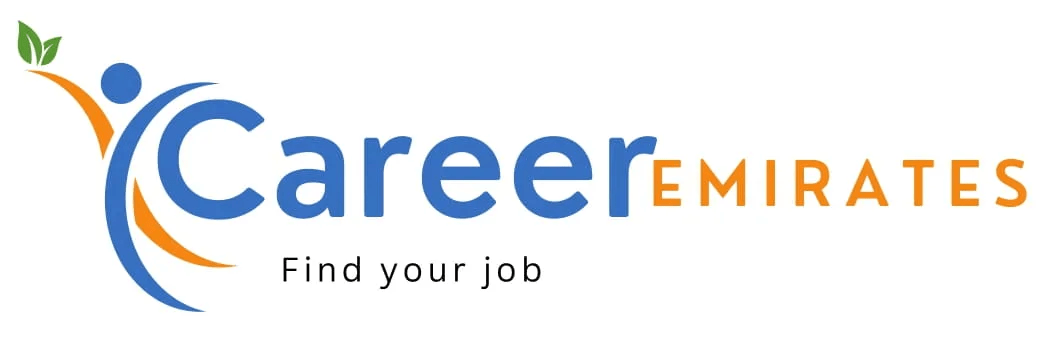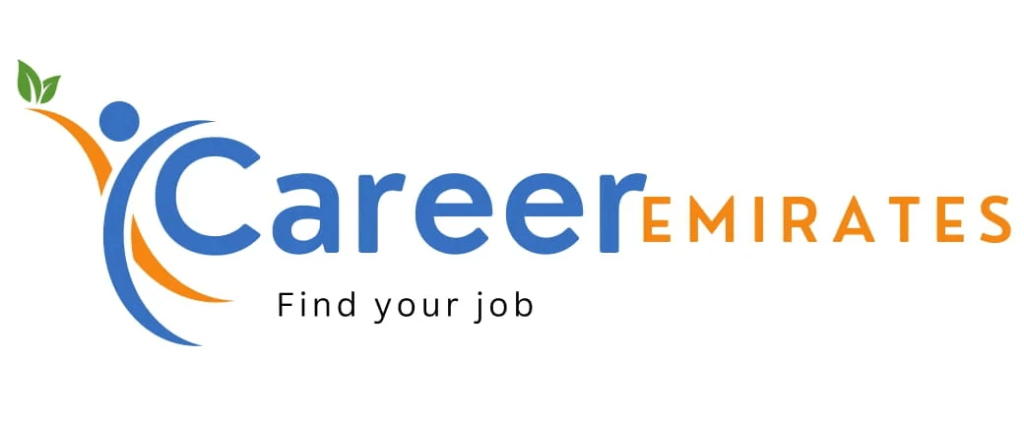hoyog33452
About Company
Top Tips for Completing NURS FPX 6100 Capella Assessments
Graduate nursing education plays a transformative role in shaping competent, reflective, and evidence-based practitioners. It bridges the gap between theoretical understanding and clinical application, preparing nurses to meet the complex demands of modern healthcare systems. Within this journey, the NURS FPX 6100 Assessment 1, NURS FPX 6100 Assessment 2, and NURS FPX 6100 Assessment 3 form the foundation for developing essential professional competencies. Each assessment serves as a structured opportunity for learners to enhance their leadership abilities, strengthen their analytical thinking, and integrate evidence-based approaches into practice.
Building a Professional Identity and Reflective Practice
The NURS FPX 6100 Assessment 1 introduces nursing students to the concept of professional growth through self-reflection and competency evaluation. This assessment serves as a foundational exercise, encouraging learners to explore their current skills, identify strengths, and recognize areas needing improvement. It focuses on professional development within the broader context of nursing standards and expectations.
At this stage, students begin by assessing their knowledge, communication abilities, leadership qualities, and adherence to ethical principles. This reflection helps them establish a clear understanding of their professional identity as advanced nursing practitioners. By aligning their personal goals with established professional frameworks, learners begin to define the trajectory of their nursing careers.
The NURS FPX 6100 Assessment 1 also encourages critical self-assessment through the use of professional competency models such as those outlined by the American Nurses Association (ANA) or Quality and Safety Education for Nurses (QSEN). These frameworks help students evaluate their current practice and identify evidence-based strategies for continuous improvement. The emphasis on self-awareness ensures that learners understand the connection between personal growth and professional excellence.
Moreover, this assessment highlights the importance of lifelong learning in nursing. As the healthcare environment evolves, nurses must adapt to new technologies, policies, and patient needs. Through reflective practice, students begin to develop a mindset that values adaptability, inquiry, and collaboration—traits that define successful nursing leaders. Ultimately, this stage lays the groundwork for academic success and professional advancement by fostering self-directed learning and accountability.
Integrating Evidence-Based Practice and Interprofessional Collaboration
The NURS FPX 6100 Assessment 2 builds on the foundation established in the first assessment, guiding students to integrate evidence-based practice into their professional roles. It emphasizes the critical evaluation of research literature and the application of current evidence to clinical decision-making. By engaging in this process, learners strengthen their ability to provide high-quality, patient-centered care supported by data and best practices.
A significant component of this assessment involves developing skills in scholarly inquiry. Students learn to identify relevant research questions, locate credible sources, and analyze findings within the context of nursing practice. This focus on evidence empowers nurses to make informed decisions that enhance patient outcomes and promote healthcare efficiency. It also helps bridge the gap between research and clinical application, ensuring that nursing interventions are both scientifically grounded and practically feasible.
The NURS FPX 6100 Assessment 2 also underscores the importance of interprofessional collaboration. Healthcare is a team-based discipline that thrives on communication and cooperation among professionals from various fields. Through this assessment, learners explore strategies for effective teamwork, conflict resolution, and shared decision-making. These skills are critical for ensuring that patients receive coordinated and holistic care.
Leadership development is another key theme within this stage. Students examine how evidence-based leadership strategies can be used to influence organizational culture and drive quality improvement initiatives. They gain an understanding of how leadership and collaboration complement each other in creating a culture of safety, innovation, and accountability within healthcare systems.
By the end of this assessment, students emerge with a stronger appreciation of the value of evidence and teamwork in nursing practice. They are equipped not only to apply research findings but also to lead interdisciplinary efforts that promote patient well-being and organizational excellence.
Demonstrating Leadership and Ethical Decision-Making in Advanced Practice
The NURS FPX 6100 Assessment 3 represents the culmination of the skills and knowledge developed in the previous assessments. It focuses on translating theory into leadership practice, with an emphasis on ethical decision-making, professional accountability, and organizational improvement. Students demonstrate their readiness to take on advanced roles within healthcare systems by applying evidence-based strategies to complex clinical and administrative challenges.
At this stage, students are encouraged to explore ethical dilemmas commonly faced in nursing leadership. The NURS FPX 6100 Assessment 3 emphasizes the use of ethical frameworks and professional codes of conduct to guide decision-making. Learners analyze real-world scenarios that require balancing competing priorities—such as resource limitations, patient autonomy, and institutional policies. This exercise enhances their ability to make sound, morally grounded decisions that uphold the integrity of the nursing profession.
Leadership development remains a core focus of this assessment. Students examine various leadership theories, such as transformational or servant leadership, and apply these models to organizational settings. They learn to inspire others, promote shared goals, and cultivate environments that prioritize patient safety and professional respect. By engaging in leadership analysis and self-assessment, learners deepen their understanding of how effective leadership can influence healthcare quality and outcomes.
The NURS FPX 6100 Assessment 3 also highlights the importance of advocacy in nursing. Nurses serve not only as caregivers but also as advocates for patients, families, and communities. Through this assessment, students learn to engage in policy discussions, support evidence-based initiatives, and champion equitable healthcare practices. This advocacy extends beyond the bedside, empowering nurses to influence systemic change and contribute to the advancement of the profession.
By the conclusion of this assessment, learners demonstrate a holistic understanding of leadership, ethics, and professional responsibility. They are prepared to navigate complex healthcare environments and lead initiatives that improve patient care and organizational performance.
Conclusion
The NURS FPX 6100 Assessment 1, NURS FPX 6100 Assessment 2, and NURS FPX 6100 Assessment 3 collectively represent a structured learning journey that transforms nursing students into skilled, reflective, and evidence-based professionals. Each assessment builds on the previous one—beginning with self-reflection, advancing through evidence-based collaboration, and culminating in ethical leadership and advocacy.
Together, these assessments prepare nurses to take on advanced roles with confidence and integrity. They foster critical thinking, promote lifelong learning, and emphasize the values of collaboration and ethical practice. By engaging with this sequence of assessments, learners develop the competencies needed to lead healthcare innovation and deliver exceptional patient care.
Ultimately, these academic milestones embody the essence of professional nursing: a commitment to knowledge, compassion, and leadership. Through the progression of these assessments, nurses not only enhance their individual practice but also contribute to the ongoing evolution of the healthcare system—ensuring that patient care remains safe, effective, and grounded in evidence-based excellence.


